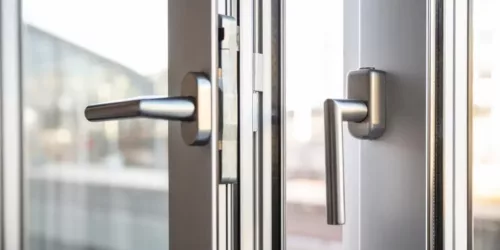How Double Glazing Can Help Reduce Energy Bills
- The benefits of double glazed windows
- How double glazed windows save energy
- Double glazing savings
The implementation of double glazing has changed the way we look at windows. Not only useful for window panes, they can also be installed in doors to provide energy savings over single panes of glass. The extra sheet of glazing allows for a gas infill that prevents both the loss of heat and too much heat gain in the summer. This is advantageous for your energy bills as it prevents as much heat escaping.
This article will explain what double glazing is, how it works and the pros and cons. It will also detail how much you save in energy bills and give a comparison with triple glazing. The cost of triple glazed windows may put you off, but they have very different properties compared to the standard double glazed variety.
Ready to start your double glazed journey? Use our online quote comparison tool to receive prices from local suppliers. It only takes a minute.
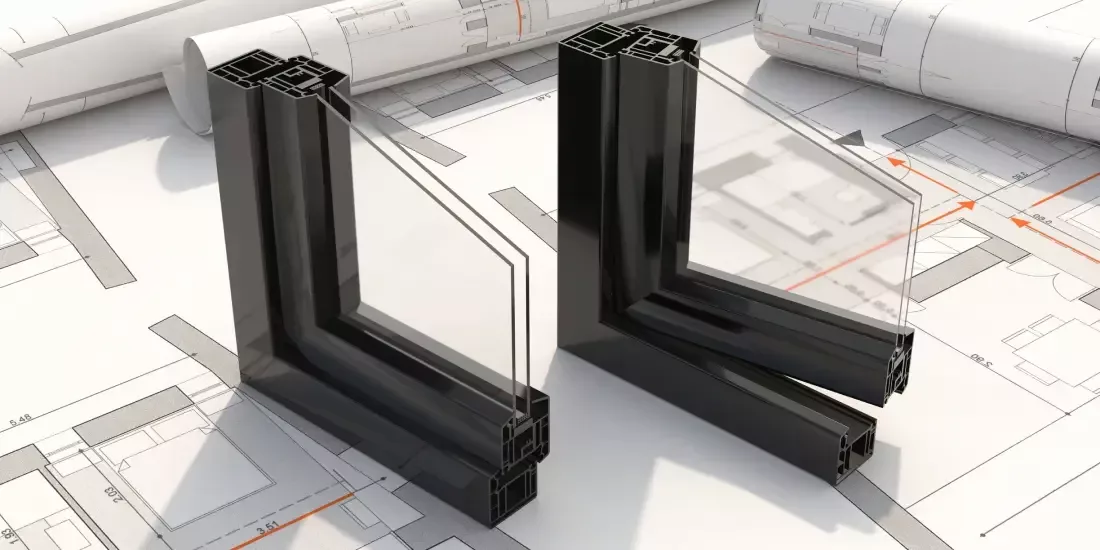
What's On This Page?
Click the links below and head straight to a specific section of the article.
Why Double Glazing Saves Energy
Wasted heat is wasted money. You can save energy by trapping heat so it’s used and not wasted. Double glazing is one of the easiest ways in which you can help insulate your home against heat loss as you can start seeing the difference straight away. Because of the structure of double glazed windows, you won’t need to keep your heating on for as long or set as high. The rooms will start to hold their heat for much longer.
Double glazing saves energy because of its thermal cushioning. The insulating properties of the gas between the panes slows the transfer of cold air into the property and heat from leaving the property through the window pane. They are also good at keeping in heat radiation from the Sun. Long wave radiation can’t pass through the glass, so it’s kept indoors, trapping the heat that’s gained from sunlight.
It’s worth noting that as a window ages, it generally loses efficiency. Over time, materials deteriorate and gaps are presented or the gas can leak out, which causes you to lose both heat from your home and money from your pocket. Replacing older, single pane windows that are G rated with A++ rated double glazing will see a significant saving.
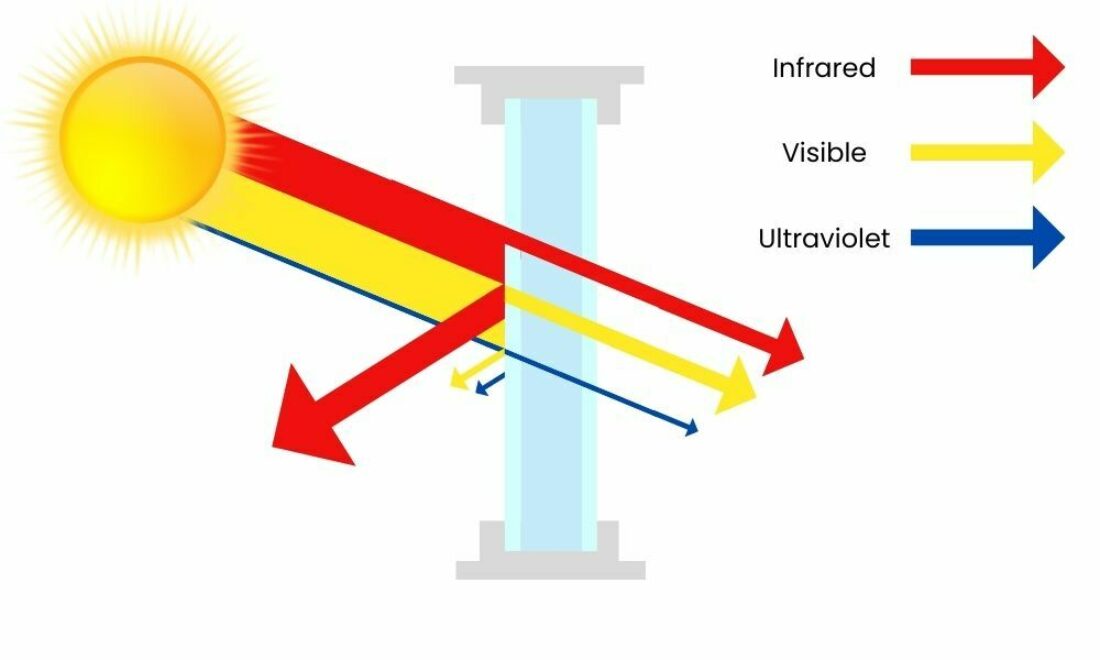
Transmission, absorption and reflection are the three actions of light hitting glazing. Low-E glass allows the transmission of infrared and visible light, permitting entry to heat and removing darkness. Some of the heat from the Sun is absorbed by the glass itself in low volumes. The rest of the energy is reflected.
Double Glazed Windows

Perhaps the most well known form of double glazing, these are two panes of glass that sit inside a window frame. They have a gap of around 6-12mm that allows for a thermal barrier, separated by warm edge spacers. These are made of a material that doesn’t absorb too much heat and permits the gap to remain dry to prevent a build-up of moisture and internal condensation.
The gap in the middle of double glazing needs to be a certain size in order to be effective. If you simply place two panes of glass against each other, heat will be transferred all too easily. As an additional barrier, the gap is filled with an inert gas, typically argon, which helps limit the transfer of any heat. It still allows light and heat radiation through, but not as much as single glazing.
Looking to fit new windows? Take a look at our guide to everything you need to know before installing new windows.
Double Glazed Doors
These work in the same way as windows, but can have more or less glazing, depending on the design. Full length glazing is more expensive, especially double glazing, which is why bifolds and sliding patio doors will cost you more. uPVC or composite doors can have much less glazing, but may still feature viewing panels or half panes. Double glazed doors still offer excellent thermal insulation.
Whether you’re after front, rear, French, patio or otherwise, double glazed doors can also help with the thermal performance of your home. Composite doors can be fitted with double glazed viewing panels, which will keep more heat in. Doors made up of more glass, like French doors, can also be fitted with double glazing, which not only affects the heating but makes them more secure. You can maximise the amount of sunlight you can gain as well, which helps at the rear of the house in a south facing garden.
How Much Does Double Glazing Cost?
Exactly how much double glazing costs depends on a variety of factors. According to Checkatrade, double glazing 8 windows and 2 uPVC doors costs an average of £12,000. If you have more or fewer windows, this will also affect the price. Likewise, the material they are made from has a large bearing on their cost; uPVC is generally at the cheapest end of the scale, while timber is at the higher end. Sliding sash windows will be more expensive than casements, as will tilt and turn types.
Bifolds, depending on material and number of panels, can easily extend beyond £5,000, but simple uPVC casement windows will average around £325. A timber casement window will be around £925, while aluminium can be about £750. Some manufacturers price aluminium more expensive than timber, but this can depend on what wood is used.
You can see rough costs for double glazing in the interactive graph below.
As you can see, timber and aluminium products will set you back more, but fully glazed products, like bifolds and patio doors will also raise the price. Wooden double glazing can be more expensive if you opt for hardwood products over softwood, as it grows much slower.
Depending on how many windows need to be installed, your location and if scaffolding is needed, the price can go up for additional labour. This can average around £250 a day. The material will be dependent on what suits the house most, which can be anything from coloured uPVC, aluminium, timber and steel.
The Benefits Double Glazed Windows Offer
Better heat retention
Cost savings on heating
Stops too much heat ingress during the summer
Better security
Reduction in condensation
Better soundproofing
As well as the increased heat retention, which leads to savings on heating bills, double glazing offers more security through two panes of thick glass. It’s harder to break, so you’re at less risk of a break-in. Because of their composition, the gas filled barrier can prevent too much of the Sun’s heat from entering your home on particularly hot days.
This barrier also prevents as much condensation from appearing and has the added benefit of better soundproofing. Although the appearance of some condensation is to be expected, it should be noticeably less than single glazing. A significant difference in temperature between inside and outside will still draw condensation to the double glazing, but this means the window is working as it should be.
The Drawbacks of Double Glazing
Can’t be repaired
Can be too hot
Modern style
If you have a broken pane, a crack or the gas has escaped, a double glazed window can’t be repaired; the whole window can only be replaced. Likewise, the heat gain can also be too much in the summer months if your windows are directly in the Sun’s light. Also, as double glazing is more of a modern design, it might not complement the style of your home, especially period properties, but different materials can get around this problem.
Some repairs might be possible, depending on the nature of the damage. The only downside is that underlying issues may not be fixed, and will then reappear later down the line. As far as double glazing is concerned, it can work out much better to opt for replacement windows instead.
How Much Can I Save With Double Glazed Windows?
This depends on the style of your home as it will dictate how many windows you might have. A flat, for example, will have fewer windows with double glazing than a two storey house, and better quality windows will have an improved effect at retaining heat and reducing bills. Compared to single glazing, double glazed windows offer a reduction in heat loss by as much as 64%.
Energy Saving Trust specifies that A++ rated double glazed windows, which are the most energy efficient you can get, will grant you a saving of £235 a year on your energy bills. It also has the benefit of preventing 405kg of CO₂ a year. A+ double glazing will save you almost £200 and relieve the environment of 330kg of CO₂ annually. This will also work with supply-only windows and doors, although you won’t have a warranty to fall back on should something go wrong.
How Does It Compare to Triple Glazing?
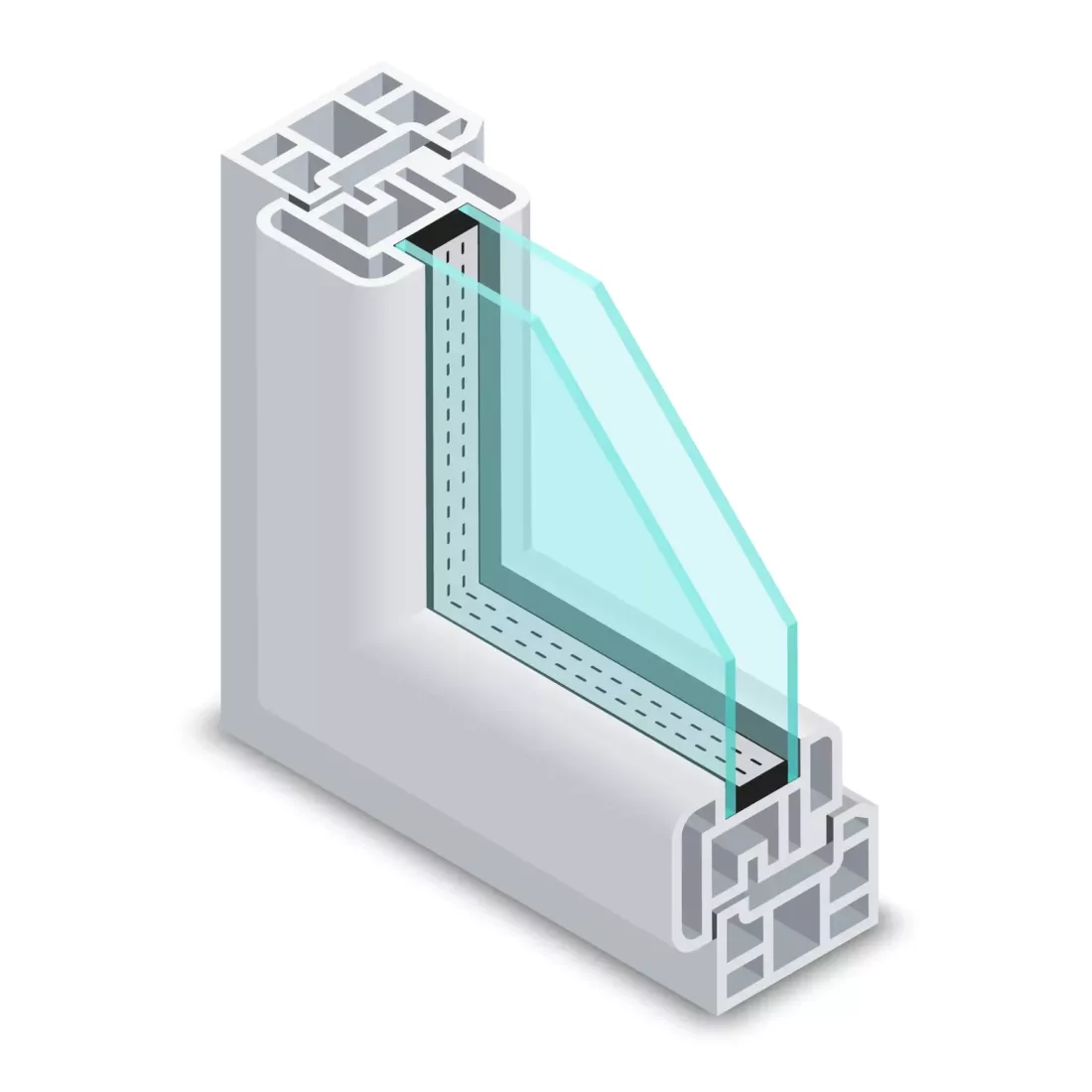
A double glazed window has one less pane and gas-filled gap than triple glazing. As such, triple glazing is around 40% better at retaining heat than A-rated double glazing. Saying this, without proper soundproof glazing, it can increase noise pollution through adding an echo chamber. Triple glazing is also much more expensive.
Get a Quote for Double Glazing
Are you looking for new windows or doors? It’s worth receiving multiple quotes from different suppliers, but that’s where we can help. We can put you in touch with local installers who can give you competitive quotes for your area.
Find out how much you’d pay for double glazing by using the button below.
Related articles
View all Glazing articles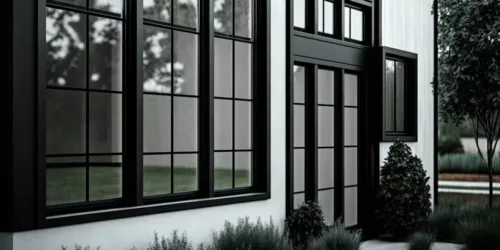
How Much Would It Cost to Double Glaze a 3 Bedroom House?
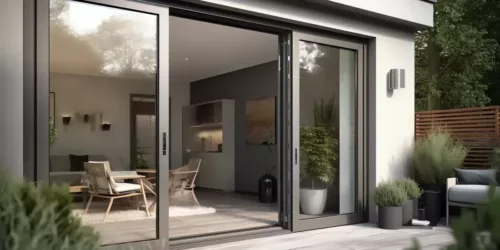
A Complete Guide to Double Glazing Doors
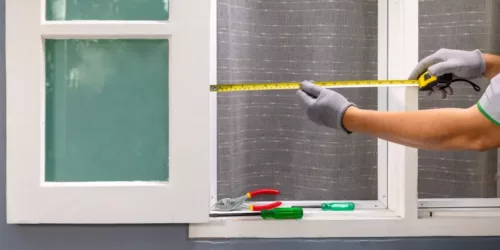
Replace Your Double Glazed Unit - A Useful Guide
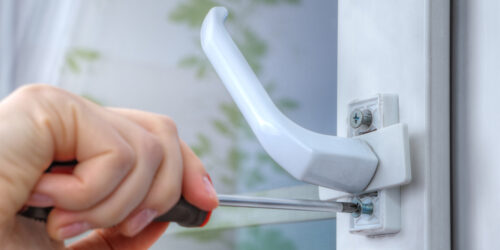
Double Glazing Repairs – All You Need to Know
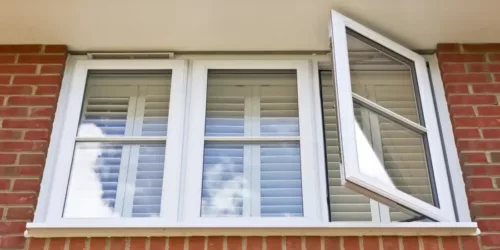
Trickle Vents in Windows: Are They Still Needed?
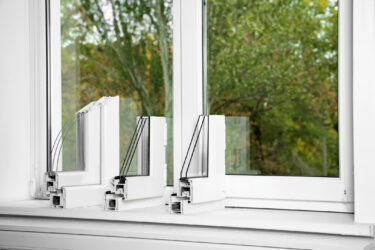
Energy Efficient Windows: A Guide To Better Window Energy Efficiency
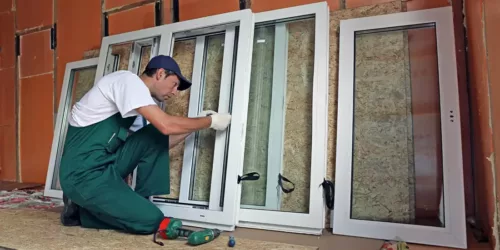
Double Glazing Repair – Is It Worth It?
